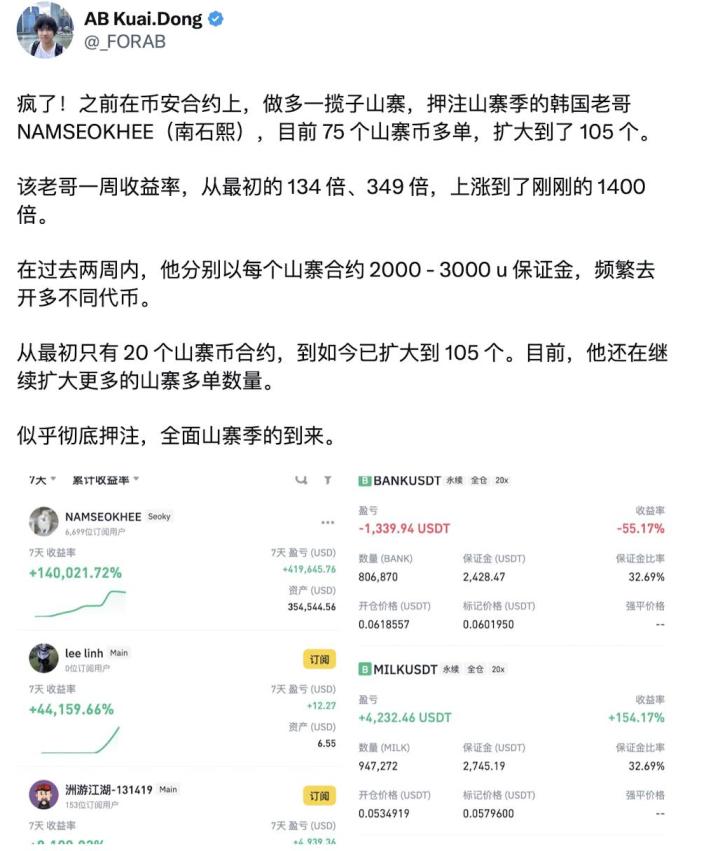President Trump is considering new sanctions against China's technology sector, causing a decline in traditional financial markets and $800 million in liquidations in the crypto market. Tax threats have caused general chaos, and sanctions could reignite troubles.
However, there might be a long-term bright spot in all of this. De-dollarization is leading investors across Asia to invest in Bitcoin, and the escalation of trade war could pull Capital away from USD into crypto.
How will Trump's sanctions against China affect crypto?
In recent months, Trump's tax measures have threatened a US-China trade war, bringing negative impacts to the crypto market.
Derailed negotiations have caused collapses, reached deals brought prosperity, and rumors had powerful impacts on the entire market. Unrelated to taxes, Trump is reportedly considering sanctions against China, causing traditional financial markets to panic:
Specifically, these sanctions target China's developing technology sector, focusing on subsidiaries of large corporations like Huawei or semiconductor manufacturers.
Bloomberg reported that these sanctions will not occur until June, but crypto has already reacted immediately. The entire market dropped 5%, Bitcoin fell below $105,000, and total crypto liquidations reached $827 million.
 Crypto liquidation heat map. Source: Coinglass
Crypto liquidation heat map. Source: CoinglassEven before today's news about sanctions, the market was already concerned about tax reimposition and the Federal Reserve's caution. In early February, a similar selloff caused Bitcoin to drop 6% due to fears of global recession caused by trade war.
Today's action has reinforced those concerns, causing declines in both stocks and crypto.
The US and China resolved tax negotiations less than a month ago, but the threat of new sanctions could reignite recession concerns.
China's top economists warn that this move could be a prelude to further trade wars, especially since the US is targeting China's largest growing industries. There are clear reasons to worry about escalation.
For example, on May 29, the US expanded export controls on chip design software, certain chemicals, and industrial tools for China, revoking existing licenses and blocking important semiconductor inputs.
Increasing US-China technological tensions have made risky asset investors anxious, who view crypto as a volatility indicator of broader market sentiment.
Another economic round will certainly bring chaos, but could it benefit crypto? As US economic policies become increasingly erratic, de-dollarization is becoming increasingly popular in Asia.
As part of this trend, economies are shifting from the dollar to assets like gold, Chinese renminbi, and cryptocurrencies.
In other words, if the US sanctions China again, investors across the region might move their Capital into Bitcoin instead of USD.
However, this might only be a small advantage, as the US has more crypto market integration. There are many debates about how crypto will perform during a US recession, and it's too early for a definitive answer.
Hopefully, Trump will withdraw additional sanctions against China, similar to what he did with taxes. If so, this could allow the crypto market to return to normal operations, as they have shown low volatility.
However, in case of trade war escalation, crypto might exhibit unexpected behaviors.








